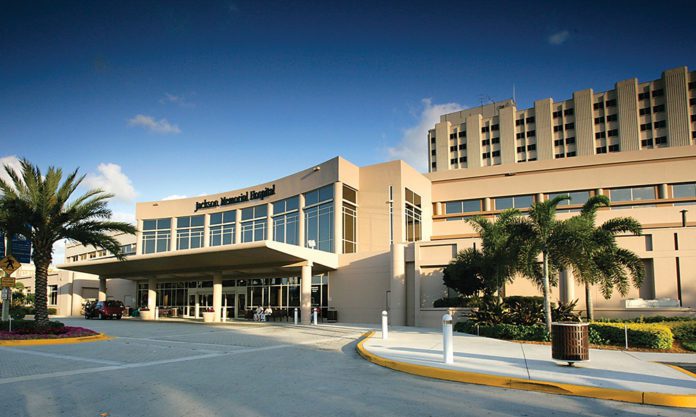|
Getting your Trinity Audio player ready...
|

Since 2019, I have felt the pain of over 200 families as they mourned the loss of a loved one – most of them taken long before their time. For many, they faced lifetimes of poverty that often made it impossible for them to ever see a doctor. COVID-19 only made that cruel reality worse as workers lost their jobs, their insurance, and their access to medical care.
Despite these tragedies, this prolonged crisis has forced us – doctors, nurses, and therapists – to revolutionize how we offer care to those who need it most. For many, this has meant bringing medicine into our patients’ homes through telehealth and virtual visits. Initially, families were forced to use these services at a rate nearly 80-times higher than before. Today, however, our patients choose to use them because we have learned that they provide quality care and save families money.
For instance, when a parent needs to bring in their sick child, they must take time off work, and fight traffic to find a clinic. Through telehealth, we can come right to their kitchen table in an instant. Now, although this system won’t replace in-person visits for every illness, it can still save families time, money, gas, and stress.
However, to finally give everyone the health care they deserve, we must first fix the systems that have let us down since long before COVID-19. That’s where the infrastructure bill that recently passed in Washington, D.C. is vital.
Today, 14 percent of rural Floridians lack access to broadband internet service in their homes. This makes it nearly impossible for them to reach telehealth services in areas already underserved by in-person clinics. Though virtual visits could improve their access to health care, if they can’t get on the internet, they’re still stuck at square one. What’s worse, even though nearly all of Miami-Dade has access to broadband, more than 40% of families earning less than $30,000 can’t realistically afford internet service.
Luckily, the recently passed infrastructure bill includes two programs that – if implemented fairly – will help fix these problems. The first provides over $40 billion to expand broadband into more neighborhoods. The second dedicates $14.5 billion to help families pay for internet service through the Affordable Connectivity Program (ACP).
Just in our state, the ACP will give 6.5 million Floridians – 30% of all households – up to $30 a month to pay for home internet service. For those who earn too much to qualify for Medicaid, but not enough to afford health insurance, that $30 would be enough for many to purchase a plan at Healthcare.gov. As household budgets continue to be squeezed by the rising costs of rent and health care, this program directly benefits those who need help the most.
While this bill helps us all save time and gas by fixing our roads and improving the MetroRail, it’s time to harness the opportunities of this moment through innovation. We must find new ways to support families by making health care physically, virtually, and financially accessible to all, but we can’t wait for the federal government. It’s time for us to step up and take the lead.
Kevin Cho Tipton is a critical nurse practitioner from Miami and a captain in the United States Air Force assigned to the Florida National Guard.






